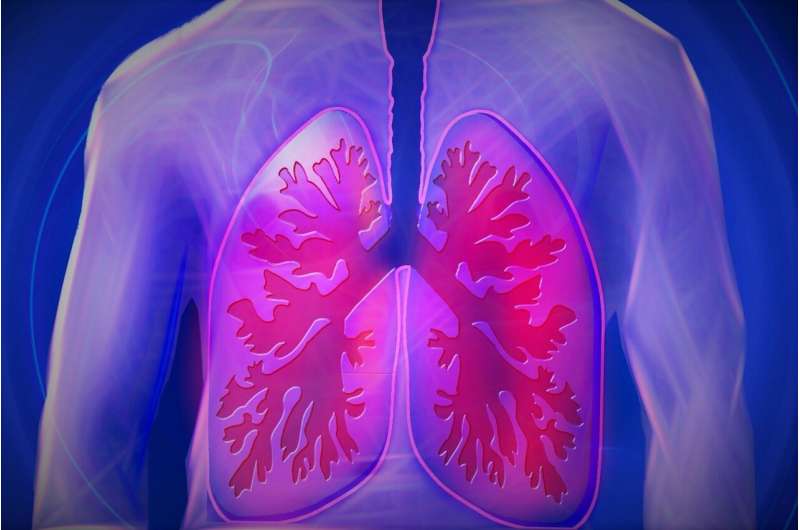Revolutionary Use of E.coli Bacteria Turns Plastic Waste Into Potential Painkillers

Scientists have engineered E. coli bacteria to convert plastic waste into valuable painkillers like paracetamol, offering a potential innovative solution to plastic pollution and pharmaceutical production challenges.
Scientists have made a groundbreaking discovery showing that the bacteria E. coli, commonly known for causing foodborne illnesses, can be engineered to convert plastic waste into valuable pharmaceutical compounds, including painkillers like paracetamol. This innovative approach aims to address two major environmental and health issues simultaneously: plastic pollution and the reliance on fossil fuels for drug manufacturing.
The research team from the UK utilized a molecule derived from PET plastic—widely used in beverage bottles—to trigger a chemical reaction within genetically modified E. coli bacteria. This process led to the creation of a molecule called PABA, a precursor in the synthesis of acetaminophen, which is widely used as a pain reliever worldwide. The bacteria were further engineered to transform PABA into paracetamol, demonstrating a proof-of-concept that bacteria can be harnessed to produce essential medicines from recycled plastic materials.
Lead researcher Stephen Wallace highlighted the significance of this work, emphasizing that PET plastics are not just waste but can be biologically converted into useful products, including compounds that may benefit healthcare. However, experts caution that practical challenges remain, such as the limited yield of PABA molecules produced in the process, which may hinder industrial scalability. Critics also point out that previous bacteria capable of consuming plastic have not made substantial impact on the plastic waste crisis.
While this research signifies a promising intersection of synthetic biology and environmental science, it underscores the need for further development to make such technologies viable at a larger scale. Reducing plastic production at the source remains critical, but biotechnological innovations like this offer a hopeful avenue for sustainable pharmaceutical manufacturing in the future.
Stay Updated with Mia's Feed
Get the latest health & wellness insights delivered straight to your inbox.
Related Articles
RSV Vaccination During Pregnancy and Its Impact on Perinatal Outcomes and Health Equity
A recent study reveals that RSV vaccination during pregnancy is safe for mothers and infants, but uptake varies widely among different demographic groups, highlighting the need for targeted public health strategies to address disparities.
High Rate of Defective Cancer Medications Detected in Sub-Saharan Africa
A recent study reveals that one in six cancer medications in sub-Saharan Africa are defective, risking patient safety due to substandard active ingredient levels. This highlights the need for improved regulation and innovative testing solutions.
Significant Improvements in Long-Term Survival for Patients with Chronic Thromboembolic Pulmonary Hypertension
Recent research highlights significant improvements in long-term survival rates among patients with chronic thromboembolic pulmonary hypertension, driven by advances in surgical and medical treatments over recent decades.
Rapid Spread of Drug-Resistant Candida auris in European Hospitals
Candida auris, a highly drug-resistant fungus, is rapidly spreading across European hospitals, posing serious health risks and treatment challenges. Early detection and strict infection control are crucial to containment.



